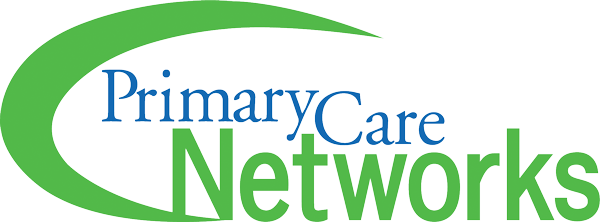Grocery shopping on a budget
Try these money-saving tips to plan nutritious meals and snacks without breaking the bank.
Create a grocery list
- Plan your meals for the week and make a grocery list based on your plan. Make a habit of buying just what's on your list to keep you from buying pricier, less nutritious foods on impulse.
- Try using Alberta Health Services’ Healthy Grocery List as a place to start.
Consider no-name brands
- No-name brands are often the same product as brand names but for less money.
- Keep in mind that conventionally farmed foods are just as nutritious as organic.
Cut down on convenience foods
- It doesn't take much time to shred your own cheese, or cut your own vegetables or fruit, but it will likely save you money.
Make your own
- Try not to rely on too many pre-prepared packaged foods or restaurant meals, which generally cost more. Taking the extra time to prepare your own food can save you money.
Try meatless meals
- Prepare meals with nutritious, fibre-rich meat alternatives such as beans, peas, lentils, nuts and seeds often.
- Eggs, peanut butter and tofu are also good low-cost meat alternative options.
- Examples of meatless meals are bean burritos with salad, rice and bean casseroles with vegetables, vegetable and cheese omelets with whole grain toast and tofu vegetable stir fry on rice noodles.
Other cost saving tips to consider:
Vegetables and fruit
- Buy fresh fruits and vegetables when they're on sale.
- Canned or frozen vegetables and fruit are just as nutritious as fresh produce. Look for no salt or sugar added.
Protein
- Try less expensive alternative protein sources such as beans, peas, lentils, eggs and peanut butter.
- Beans or lentils can help 'stretch' ground meat such as adding lentils to taco filling or black beans to your burger recipe.
- Whole cuts of meat cost less than pre-cut pieces.
- Buy yogurt in large tubs instead of individual containers.
- Purchase cheese in larger blocks and slice or grate it yourself.
- Use skim milk powder in recipes that call for milk.
Whole grains and starches
- Grain products can often be purchased in bulk. Experiment with different varieties like bulgur, oats, brown rice and barley.
- Hot cereals such as oatmeal or cream of wheat are a great choice. They are inexpensive and rich in nutrients and fibre.
- Potatoes, yams and corn can be inexpensive alternatives.
Learn more
Talk to your doctor if you have concerns about your diet and how to fit more nutrition into your life.
For more great tips on how to lead a healthier lifestyle, register for a health workshop provided by Alberta PCNs.
